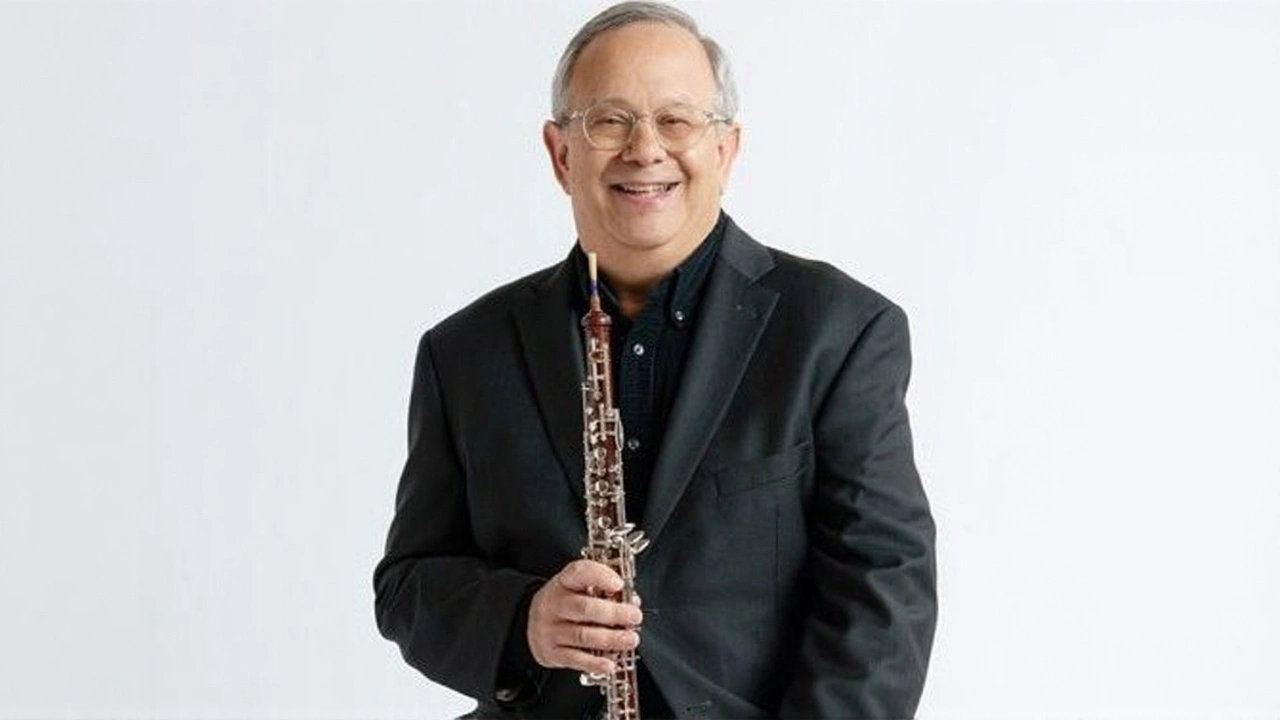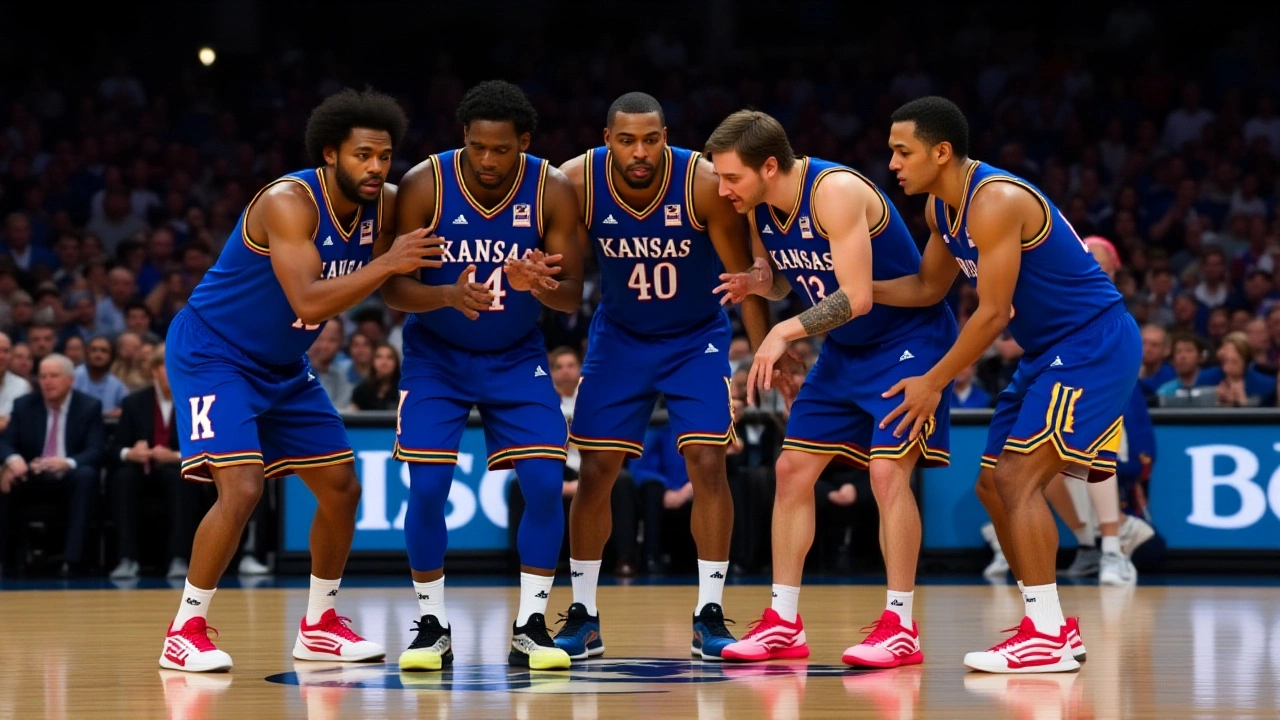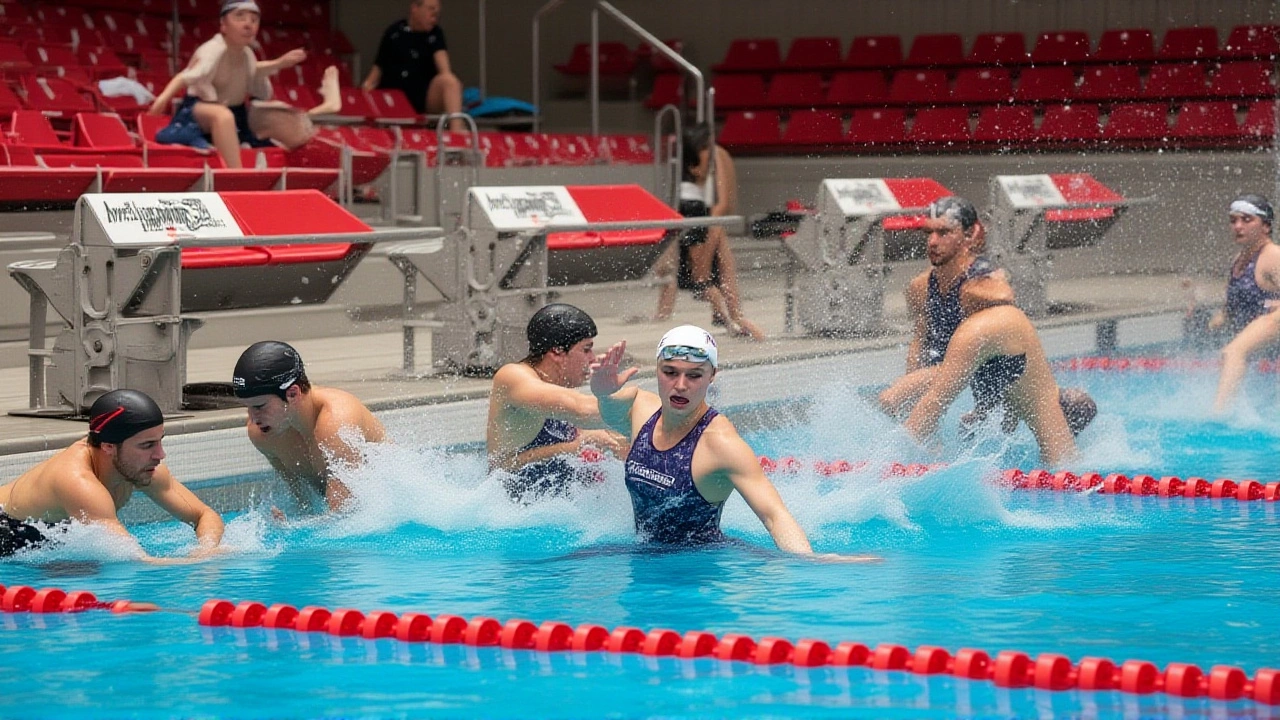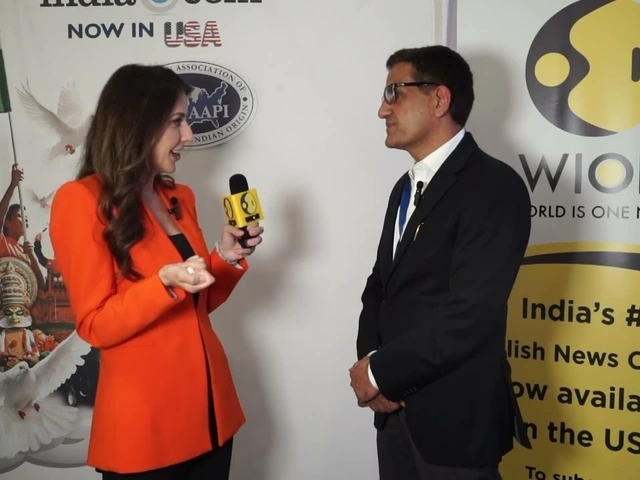Artists Launch Nationwide 'Fall of Freedom' Resistance on Nov 21-22, 2025

- Kieran Fitzpatrick
- 20 November 2025
- 0 Comments
On November 21-22, 2025, something unusual will happen across America: galleries will stay open late, libraries will host poetry slams, comedy clubs will turn punchlines into protests, and high school auditoriums will echo with songs of dissent. It’s not a festival. It’s a movement. The Democracy Labs — a loose coalition of cultural activists — has called on artists, teachers, librarians, and ordinary citizens to turn every corner of the country into a stage for resistance. The campaign, called Fall of Freedom, isn’t asking for permission. It’s demanding presence.
Why Now? The Silence That Broke
The trigger wasn’t one law, not one speech. It was the slow erosion of what used to be assumed: that art could speak freely, that museums could show uncomfortable truths, that comedians could mock power without fear. Since early 2024, over 120 bills targeting arts funding or curriculum content have been introduced in 34 states. Libraries in Texas and Florida removed books on gender identity. A theater in Ohio canceled a play after a donor threatened to pull funding. The Cristin Tierney Gallery in New York noticed the pattern first. On October 8, 2025, they posted a simple statement: “Art matters. Artists are a threat to American fascism.” It went viral. By October 24, the Democracy Labs formalized the call into a national campaign.What makes this different from past protests? There’s no central command. No permits to file. No fundraising goals. Just a website — falloffreedom.com — and a single rule: if you’re making art that resists silence, you’re part of it.
The Events: From Small Towns to Big Cities
The map is already filling up. In Moscow, Idaho, the Moscow Idaho Chamber of Commerce — yes, the same group that promotes local business — is hosting a free reading and open mic from 6:30 to 8:30 p.m. on November 21. No politicians. No sponsors. Just local poets, a retired English teacher, and a high school student who wrote a poem about her father being deported. In New York City, the historic women-led arts nonprofit Pen + Brush is organizing “Fall of Freedom: A Community Conversation within Talkin’ Bout A Revolution” — a panel of Black, Latinx, and queer artists discussing how censorship has changed their work. The event, set for 6 p.m. on November 21 at 29 E 22nd St, is already at capacity.And that’s just the tip. In rural Tennessee, a church basement will screen banned documentaries. In Chicago, a muralist is painting a 50-foot wall with names of journalists jailed for reporting. In a suburban Michigan library, a 12-year-old is leading a workshop on writing letters to incarcerated poets.
“No act is too small,” reads the campaign’s mantra. And that’s the point. This isn’t about scale. It’s about density. One reading. One song. One painting. Multiply that by 10,000 — and suddenly, the silence isn’t silence anymore.

Who’s Behind It? And Why It’s Not a Protest
The Democracy Labs is not a traditional NGO. It has no paid staff. No office. Just a server and a group of curators, playwrights, and former educators who met online during the pandemic. Their announcement on October 24 didn’t cite statistics or policy demands. Instead, it said: “Dissent is being criminalized. Institutions and media have been recast as mouthpieces of propaganda.” That’s all.They’re not asking for donations. They’re asking for action. Participants are told to use the Fall of Freedom branding, tag #FallOfFreedom, and add their event to the national map. That’s it. No vetting. No approval. No hierarchy.
“This isn’t a protest,” says one organizer, who asked not to be named. “Protests are loud. This is quiet. It’s the librarian who puts a banned book on the shelf anyway. It’s the comedian who tells the joke they were told not to. It’s the kid who draws a picture of their mom crying after a court hearing — and hangs it in the window.”
The Ripple: What Happens After November 22?
Organizers don’t expect this to end on November 22. They call it a “wave,” not a moment. The real goal? To build a network that outlasts the headlines. Already, school districts in Oregon and Minnesota are quietly approving “Freedom Friday” art days. A theater group in Kansas is planning a touring exhibit of banned artworks.And the backlash? Predictable. Conservative media outlets have labeled it “leftist propaganda.” But here’s the twist: many of the events are happening in places where Democrats don’t win elections. Idaho. Ohio. Nebraska. The resistance isn’t just urban. It’s everywhere.
“They think they can silence us by cutting funding,” says Maria Delgado, a performance artist in Phoenix who’s turning her garage into a pop-up gallery. “But you can’t defund a heartbeat. And art? Art is the heartbeat of a free people.”

What This Means for Democracy
History shows that authoritarian regimes don’t start with tanks. They start with silence. They shut down theaters. They ban books. They punish artists. And they convince people that culture doesn’t matter — until it’s gone.The Fall of Freedom movement flips that script. It says: culture is the first line of defense. And if you think that’s dramatic, look at what happened in Hungary, Poland, and Brazil. When artists were silenced, democracy didn’t just weaken — it vanished.
This isn’t about politics. It’s about power. Who gets to tell the story? Who gets to be heard? The Democracy Labs and its allies aren’t trying to win an election. They’re trying to keep the conversation alive.
Frequently Asked Questions
Do I need to be a professional artist to join Fall of Freedom?
No. The movement explicitly welcomes anyone who creates — teachers, students, librarians, cooks who write poems, retirees who paint. The Democracy Labs emphasizes that even a single reading in a high school library qualifies. There’s no credential required, only conviction.
Is Fall of Freedom affiliated with any political party?
No. The initiative avoids partisan labels. While critics assume it’s liberal, events are being organized in red states by people who voted for Trump. The Moscow Idaho Chamber of Commerce is a local business group — not a political entity. The focus is on free expression, not party loyalty.
What happens if my event gets shut down?
Organizers advise participants to document any interference and share it using #FallOfFreedom. While no legal support network exists, the decentralized nature means shutting down one event doesn’t stop the movement. In fact, censorship often amplifies it — as seen when a banned book becomes a bestseller.
How many events are expected on November 21-22?
Over 800 events have been submitted to the national map as of November 10, 2025, with organizers estimating over 2,000 by the weekend. These range from 10,000-seat concerts to single-person poetry readings in dorm rooms. The goal isn’t numbers — it’s visibility. Every event adds to the chorus.
Why is this called ‘Fall of Freedom’?
The name references the idea that freedom doesn’t always collapse with a bang — sometimes it fades quietly, through censorship, fear, and indifference. The campaign’s tagline — ‘Artists are a threat to American fascism’ — suggests that creativity is the antidote. It’s not about overthrowing power. It’s about refusing to let it erase truth.
Can schools or libraries get in trouble for participating?
Some have already faced pressure. In Texas, a school board member threatened to cut funding to a library hosting a banned author’s reading. But the Democracy Labs provides legal guidance on public forum rights. Public institutions can host expressive events — as long as they don’t favor one viewpoint over another. Many organizers are working with ACLU affiliates to protect participants.


